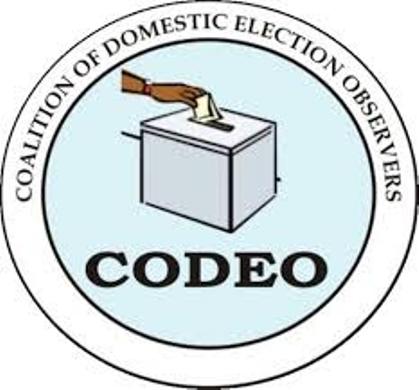Develop codes of conduct for political party youth groups – CODEO
 Political parties have been urged to take urgent steps to develop and enforce codes of conduct to regulate the activities of their youth groups.
Political parties have been urged to take urgent steps to develop and enforce codes of conduct to regulate the activities of their youth groups.
The Coalition of Domestic Election Observers (CODEO) said this was necessary to bring sanity into their operations and remove the threat to the country’s electoral politics and democratic development.
Mr. Nicholaus Akyire, its Advisory Board Member, made the call at a media briefing after a roundtable discussions held in Kumasi.
He spoke of the need to ensure proper education of party members on party ideology, constitutional and civic rights.
This comes amid the growing frustration and public concern about political party vigilantism – the lawlessness and misconduct of the vigilante groups, which has become a blot on Ghana’s politics.
Mr. Akyire asked the leadership of the two major political parties, the governing New Patriotic Party (NPP) and the National Democratic Congress (NDC), largely responsible for the emergence of the groups, to own up to their responsibilities and accept to work together with the police to disband them.
He also drew attention to the need for concerted effort among key election stakeholders to make the Inspector General of Police (IGP) independent – insulate him or her from political interference.
“The independence of the IGP should be safeguarded through appointment to the office by an independent body and security of tenure for the office holder, ensured.”
He pointed out that giving the head of the police service, security of tenure was the way forward to help the opposition parties to overcome the perception of bias that tended to push them into forming their own youth groups or vigilante groups to protect their interests.
Mr. Akyire again reminded the Electoral Commission (EC) to display professionalism in all aspects of its work – to make sure that there was adequate and quality training for its staff including the temporary staff.
It should also be proactive and transparent in engaging stakeholders, especially the security services and political parties before, during and after elections.
He added that since the activities of all stakeholders at the polling stations were complementary, there needed to be a collaborative training for EC temporary staff, the police and party agents to understand and appreciate “one another’s role and foster cooperation among them”.
Source: GNA
